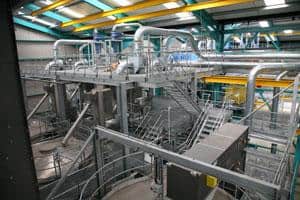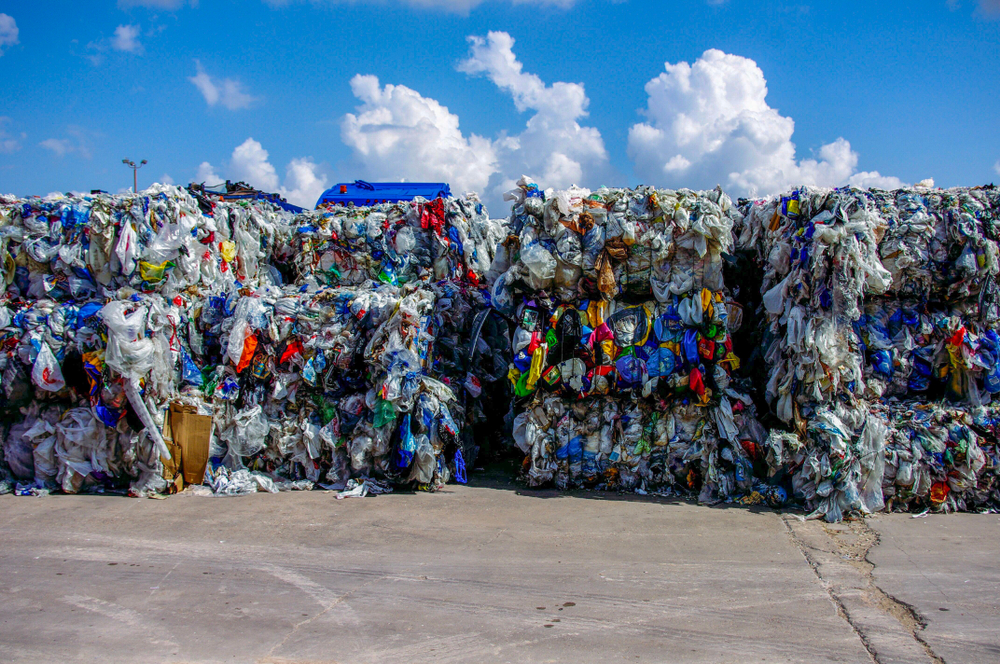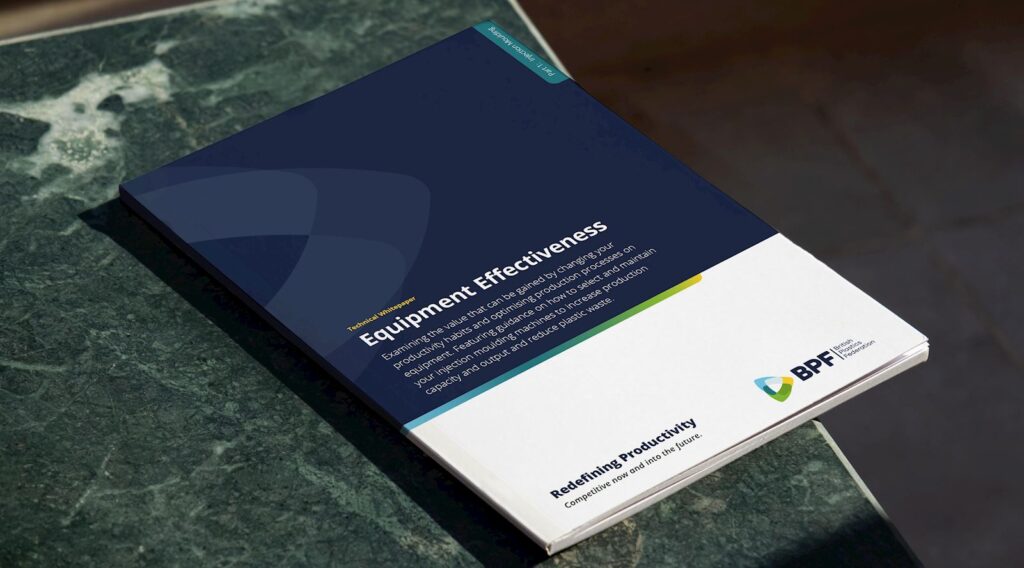The company behind a facility in Nottinghamshire which is expected to play a major role in increasing the UK's end-of-life vehicle recycling rate by recovering the plastics from post-shredder residue is set to complete commissioning this week.
And, its developers claim that they have already had strong interest from companies who want to buy the four plastics produced by their recovery process, with construction, rigid packaging and automotive industries identified as key markets for the products.
It aims to capture material that is traditionally landfilled or incinerated and bring it back into use, and in the process help to increase the proportion of material that can be recovered from end-of-life vehicles (ELVs).
This is seen as important because, while traditionally 75% of an ELV is metal and therefore easily recovered by the shredding process, difficulties in capturing the remainder of the material are seen as a key barrier to the UK meeting European ELV recycling goals.
While the UK has only narrowly failed to meet the 85% recovery target currently set by the ELV Directive, this goal is expected to increase to 95% by 2014/15.
And, Piers Grumett, managing director of MBA Polymers UK, told letsrecycle.com that the Worksop plant, which has an initial capacity of 60,000 tonnes-a-year, had a key role to play in addressing this issue.
“Along with EMR, we'll be able to offer people a process that will allow them to meet the 2014/15 95% recovery goals,” he said.
Mr Grumett said that, while the process used in the facility was used at MBA Polymers' plants in Austria and China, the Worksop facility was the first time it had been done with ELVs in particular.
“We're the only people able to take this type of complex material,” he said. “Our other factories, in China and Austria, take WEEE which is less complex and cleaner.”
Process
The process at the Worksop facility is fed by the light element, or ‘fluff', from EMR's ELV shredding operations. ‘Fluff' generally represents 20% of the material generated by the shredding process, but is then pre-processed by EMR to a material that is around 80% plastic, although elements such wire and rubber are present in small quantities.
Mr Grummett explained that, once it reached Worksop “we take that and have a number of proprietary steps we call ‘above-ground mining', meaning they're mostly physical separation to liberate contaminants out and end up with a clean plastic mix.
“We then separate that out into four materials – PP, PE, ABS and HIPS. We extract them into four different flakes, which we then compound to make a nice dark plastic product.”
Outputs
Mr Grumett revealed that MBA Polymers UK already had customers “sorted” for the plastics it was producing, and, while he was unable to provide company names, said that the market response to its process had been “very positive”.
In particular, he said the biggest uses for the plastic outputs were set to be in rigid packaging – for bins and boxes – and in construction – products such as pipes, but also said he hoped the material would be increasingly used in automotive applications in the future, therefore ‘closing the loop' with ELV material.
With commissioning expected to be completed next week, Mr Grumett said the next step for the plant was to recruit a second shift of workforce by March 2011 to allow it to step up production.
He said the facility was expected to process around 30,000 tonnes or maybe less of material this year, before stepping up to 60,000 tonnes-a-year from 2012 with the recruitment of a second shift.
And, longer-term, the facility could offer up to 80,000 tonnes-a-year of capacity, although Mr Grumett noted that marketing its end product would be a priority before this step was taken.
Gasification
While the Worksop facility is up-and-running, other EMR projects which aim to boost the ELV recovery rate by dealing with post-shredder residues are yet to be built.
These include gasification and recycling facilities at both Oldbury in the West Midlands, which the company sought a scoping opinion for in November 2009 (see letsrecycle.com story), and Bootle on Merseyside, which it secured planning permission for in February 2010 (see letsrecycle.com story).
The proposals for the Oldbury project included plastics recovered by the plant's recycling processes being sent up to Worksop for treatment.
However, when contacted by letsrecycle.com last week for a progress update on the Oldbury and Bootle proposals, a spokeswoman for EMR said: “We understand the interest in our project but it is not the right time for us to be giving out information on it at the moment.”











Subscribe for free